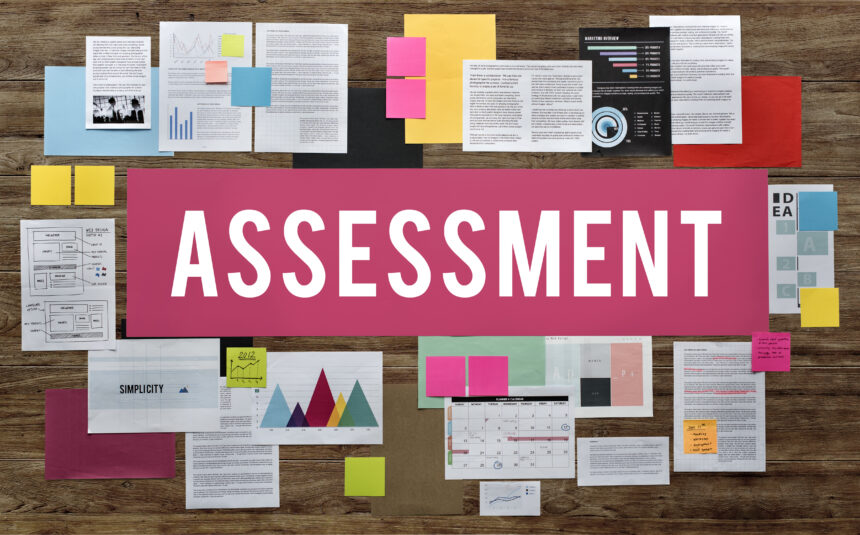Stokvels, a form of informal savings and investment groups, have long been a cornerstone of the South African financial landscape. These community-based investment clubs bring individuals together to pool their resources and collectively invest in various ventures. While financial returns are often a key objective, an emerging trend within the stokvel movement is the increasing emphasis on social impact. As a result, social impact assessment has become a crucial tool in evaluating the potential positive and negative effects of stokvel investments on society in South Africa.
Social impact assessment (SIA) is a process that evaluates the social consequences of a proposed investment or project. It helps stakeholders understand the potential impacts, both intended and unintended, and ensures that investments align with the values and goals of the community. In the context of stokvels, SIA plays a vital role in assessing the social, economic, and environmental implications of their investments, and ultimately guides them towards more responsible and impactful choices.
One of the primary advantages of incorporating SIA into stokvel investments is the promotion of social cohesion and community development. Stokvels have traditionally been closely connected to specific communities, and by conducting a social impact assessment, they can identify investment opportunities that address local needs and contribute to the overall well-being of the community. For example, stokvels may choose to invest in businesses that create employment opportunities, support local entrepreneurs, or promote sustainable practices. Through SIA, they can ensure that their investments have a positive effect on the social fabric of the community, fostering economic growth and empowerment.
Another crucial aspect of SIA in stokvel investments is the evaluation of environmental sustainability. In recent years, there has been a growing awareness of the need to incorporate environmental considerations into investment decisions. Stokvels can leverage SIA to assess the potential environmental impacts of their investments and identify opportunities to support environmentally friendly initiatives. This could involve investing in renewable energy projects, supporting organic farming practices, or financing projects aimed at mitigating climate change. By integrating SIA into their investment processes, stokvels can contribute to sustainable development and the preservation of South Africa’s natural resources.
Furthermore, social impact assessment enables stokvels to make informed decisions and manage risks effectively. Investing in ventures that have negative social or environmental consequences can harm the reputation of stokvels and undermine their credibility within the community. By conducting SIA, stokvels can identify and mitigate potential risks, ensuring that their investments align with their members’ values and the broader social objectives they seek to achieve. It also helps them evaluate the long-term sustainability and viability of investment opportunities, enhancing the overall financial performance of the stokvels.
To effectively incorporate SIA into stokvel investments, it is essential to develop robust frameworks and guidelines specific to the context of these investment groups. These frameworks should take into account the unique characteristics of stokvels, such as their community-centric nature, diversity of members, and specific social and environmental priorities. Additionally, capacity building and education initiatives can empower stokvel members to understand and conduct social impact assessments effectively, fostering a culture of responsible investing within the stokvel movement.
In conclusion, social impact assessment plays a pivotal role in shaping the future of stokvel investments in South Africa. By considering the social, economic, and environmental implications of their investments, stokvels can align their financial decisions with their community’s needs and aspirations. Through SIA, stokvels can contribute to social cohesion, community development, and environmental sustainability, while also ensuring the long-term viability and credibility of their investment groups. Embracing social impact assessment within the stokvel movement will not only enhance the positive impact of their investments but also inspire other investment groups and individuals to prioritize social responsibility and sustainability in their financial decisions.










